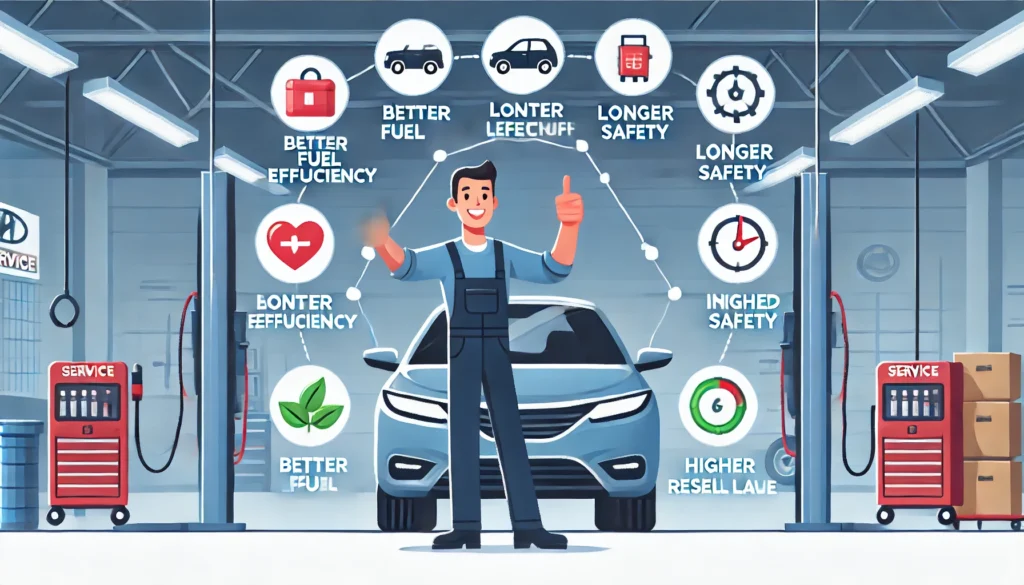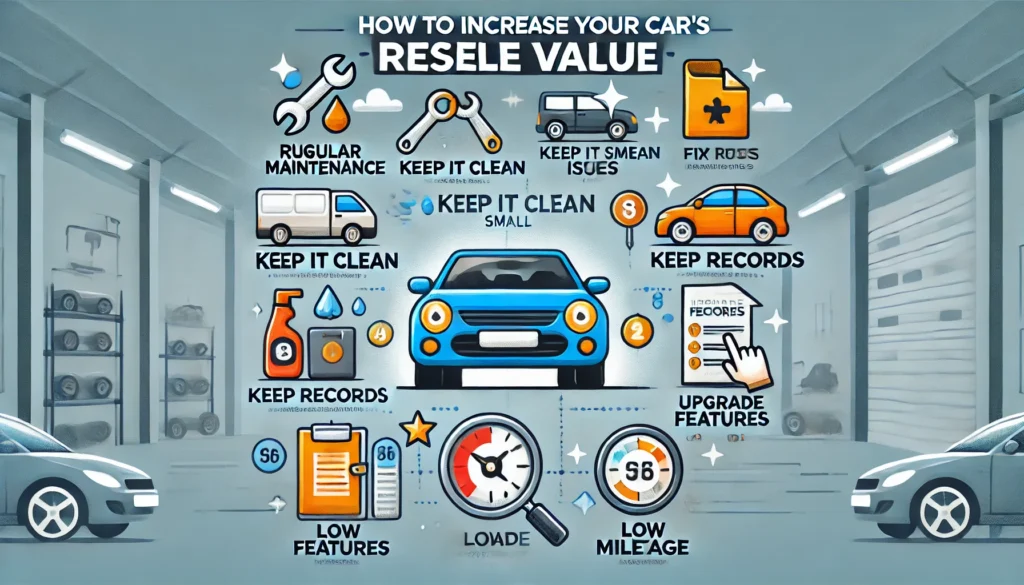Introduction
Buying a new car is a significant investment, and getting the best price requires skillful car negotiation. Whether you are a first-time buyer or a seasoned negotiator, understanding the strategies and techniques to secure the best deal can save you thousands of dollars. This guide will walk you through the entire process, from preparation to closing the deal, ensuring you drive away satisfied with your purchase.
Understanding the Car Negotiation Buying Process
The Importance of Research
Before stepping into a dealership, thorough research is essential. Understanding the market, knowing the average prices, and being aware of the latest trends can give you a strong advantage. For example, utilize resources like consumer reports, automotive review websites, and dealership inventories to gather information. Indeed, knowledge is power when it comes to car negotiation.
Setting Your Budget
Determine your budget by considering not just the sticker price but also the total cost of ownership, including insurance, maintenance, and fuel. Additionally, assess your financial situation and decide on the maximum amount you are willing to spend. Consequently, this will prevent you from being swayed by sales tactics and help you stay focused on finding a vehicle within your price range.
Choosing the Right Car Negotiation
Identifying Your Needs and Preferences
List your needs, such as size, fuel efficiency, and features, to narrow down your options. For instance, think about your daily usage, the number of passengers, and any specific features that are non-negotiable. This clarity will help you stay focused during the selection process.
Comparing Models and Brands
Research and compare different models and brands to find the best match for your requirements and budget. Furthermore, look at reliability ratings, customer reviews, and expert opinions. Additionally, consider visiting multiple dealerships to test drive various models and get a feel for what each one offers.
Timing Your Purchase
Best Times to Buy a Car Negotiation
Certain times of the year, like end-of-month sales, holiday promotions, and end-of-year clearances, can offer better deals. As a result, dealers often have quotas to meet and are more likely to negotiate to reach their targets. Therefore, plan your purchase around these periods to take advantage of potential discounts.
Taking Advantage of Seasonal Promotions
Look for seasonal discounts and incentives that can further reduce the car’s price. Moreover, manufacturers often offer rebates, low-interest financing, and special lease deals during these times. Therefore, stay informed about ongoing promotions by subscribing to dealership newsletters and checking automotive websites regularly.
Car Negotiation Preparation
Gathering Information
Collect information about the car’s invoice price, manufacturer incentives, and any ongoing promotions. The invoice price is what the dealer pays for the car and serves as a starting point for negotiations. Additionally, knowing the current incentives can also give you additional leverage.
Understanding Dealer Tactics
Be aware of common dealer tactics, such as upselling and add-ons, to stay in control of the car negotiation. For example, dealers may try to focus on monthly payments instead of the total price or push unnecessary extras. Therefore, recognize these tactics and steer the conversation back to the overall cost.
Building Confidence
Role-Playing Car Negotiation
Practice negotiations with a friend or family member to build confidence and improve your bargaining skills. Simulating the negotiation process can help you anticipate objections and practice counterarguments. Consequently, the more you practice, the more comfortable you will feel during the actual negotiation.
Preparing a Negotiation Script
Prepare a script or key points you want to cover during the car negotiation to stay focused and assertive. Outline your main arguments, such as research findings, desired price, and reasons for your offer. This preparation will help you stay on track and ensure you address all critical points.
At the Dealership
Inspecting the Car
Thoroughly inspect the car for any defects or issues that could be used as leverage in negotiations. For instance, look for any signs of wear and tear, even on a new car, and note them. Use these findings to negotiate a lower price or ask for repairs or replacements before finalizing the deal.
Test Driving
Test drive the car to ensure it meets your expectations and check for any potential problems. Pay attention to the car’s performance, comfort, and any unusual noises. A thorough test drive can reveal issues that might not be apparent otherwise.
Engaging with the Salesperson
Building Rapport
Build a positive relationship with the salesperson while remaining firm and focused on your goal. Being friendly can create a cooperative atmosphere; however, remember that your primary objective is to negotiate the best price.
Starting the Car Negotiation
Initiate the car negotiation by stating your researched offer and being prepared to justify it with facts. Clearly communicate your willingness to purchase if your terms are met. This approach shows you are serious and well-prepared.
Using the Four-Square Method
Understanding the Method
Learn how the four-square method works to separate the trade-in value, down payment, monthly payment, and purchase price. This method is often used by dealers to confuse buyers and shift focus away from the overall cost. Understanding it will help you keep the negotiation on track.
Applying the Method
Use the four-square method to break down the car negotiation into manageable parts and avoid being overwhelmed. Address each square individually, ensuring that each aspect of the deal meets your expectations.
Handling Counteroffers
Staying Firm on Your Budget
Stick to your budget and be prepared to walk away if the dealer is not willing to meet your price. This shows the dealer that you are serious and not willing to be swayed by pressure tactics. Often, this firmness will lead the dealer to reconsider and make a better offer.
Using Silence as a Tool
Silence can be a powerful car negotiation tool, forcing the dealer to reconsider their offer. After making your offer or countering a dealer’s proposal, remain silent and give them time to respond. This can create a sense of urgency for the dealer to close the deal on your terms.
Considering Additional Costs
Understanding Dealer Fees
Be aware of additional costs like documentation fees, delivery charges, and dealer add-ons that can increase the final price. Ask for a detailed breakdown of all fees and question any that seem unnecessary or inflated.
Negotiating Fees
Negotiate to reduce or eliminate unnecessary fees to lower the overall cost. Some fees, such as documentation fees, may be negotiable. If the dealer insists on a particular fee, ask for a corresponding discount on the car’s price.
Financing Your Purchase
Exploring Financing Options
Compare different financing options, including dealership financing, bank loans, and credit unions, to find the best terms. Look at the interest rates, loan terms, and any associated fees. Getting pre-approved for a loan can give you a better negotiating position.
Pre-Approval Benefits
Get pre-approved for a loan to strengthen your negotiating position and streamline the buying process. Pre-approval shows the dealer that you are a serious buyer with a defined budget, which can lead to better offers and smoother negotiations.
Leveraging Trade-Ins
Valuing Your Trade-In
Research your trade-in’s value and use online tools to get an accurate estimate. Websites like Kelley Blue Book and Edmunds can provide a reliable baseline for your car’s trade-in value. Being informed will help you negotiate a fair price.
Negotiating Trade-In Value
Negotiate the trade-in value separately from the car purchase price to maximize your trade-in’s worth. Dealers may try to bundle the trade-in and purchase negotiations, which can obscure the true value of each transaction. Keeping them separate ensures clarity and a better deal.
Finalizing the Deal
Reviewing the Contract
Carefully review the contract to ensure all terms are as agreed upon and there are no hidden fees. Take your time and don’t feel rushed. If necessary, take the contract home to review it thoroughly before signing.
Signing the Paperwork
Sign the paperwork only after thoroughly checking all details and ensuring everything is in order. Confirm that all negotiated terms are included and that there are no unexpected changes or additions.
Post-Purchase Considerations
Understanding Warranties
Understand the warranty terms and what is covered to avoid unexpected expenses. Familiarize yourself with the manufacturer’s warranty and any additional warranties offered by the dealer. Knowing what is covered can save you money on repairs and maintenance.
Scheduling Maintenance
Schedule regular maintenance to keep your car in good condition and uphold its value. Follow the manufacturer’s recommended maintenance schedule and keep detailed records. This will help ensure your car remains reliable and retains its resale value.
Frequently Asked Questions
How can I determine a fair price for a new car?
Research the car’s invoice price, compare prices from multiple dealers, and use online pricing tools to determine a fair price.
What should I do if the dealer won’t meet my price?
Be prepared to walk away and try another dealership or consider purchasing a different model or brand.
Is it better to finance through the dealership or a bank?
Compare interest rates and terms from both the dealership and banks to determine which option offers the best deal.
Can I negotiate the price of a car online?
Yes, many dealers offer online negotiation and purchasing options, which can be convenient and sometimes result in better deals.
What fees can I negotiate at a dealership?
Common negotiable fees include documentation fees, delivery charges, and any dealer add-ons.
How do I know if I’m getting a good deal on my trade-in?
Use online tools to estimate your trade-in’s value and compare offers from multiple dealers to ensure you get the best deal.
Conclusion
Negotiating the best price for your new car involves preparation, research, and confidence. By understanding the car buying process, preparing thoroughly, and employing effective negotiation strategies, you can secure a great deal. Remember to stay firm on your budget, be prepared to walk away, and use all available information to your advantage. With these tips, you’ll drive away with the best possible price on your new car.


